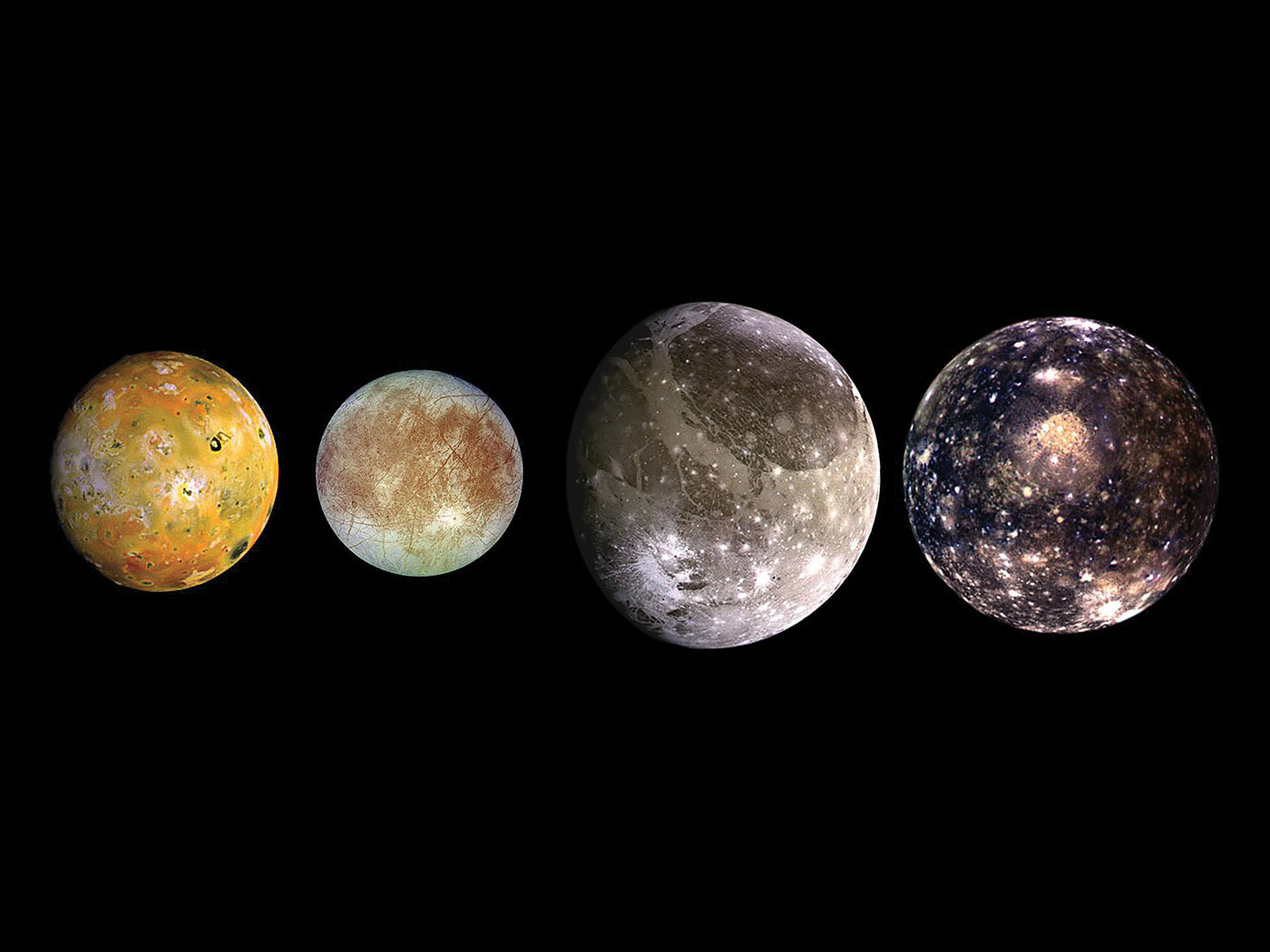Search Tools
New Defender's Study Bible Notes
1:16 cunningly devised fables. Peter thus labels all pantheistic cosmogonies and soteriologies as nothing but clever myths (so also did Paul in II Timothy 4:4; the Greek word in both cases is muthos, from which we get the word “myth”). He may also have been thinking of similar Jewish fables. All such myths and fables are based on a pantheistic form of evolutionism and denial of true creation. In the modern context, we could well take this as a warning against “cunningly devised evolutionary myths,” whether they are promoted by Darwinian atheists or New Age pantheists.
1:16 coming. The “coming” of Christ is the parousia, referring to the “personal presence” of the Lord at His imminent second coming.
1:17 excellent glory. On the “holy mount” of Transfiguration (II Peter 1:18), the three disciples (Peter, James and John) actually saw Christ glorified, as He will be when He comes again in “power and great glory” (Matthew 24:30) and heard God the Father acknowledge His beloved Son from heaven (Matthew 17:5), just as He had done at His baptism (Matthew 3:17). Peter had also seen the resurrected Christ several times and had watched him ascend into heaven with the promise that He would return (Acts 1:11). Thus, Peter himself could have no doubt that He was the only true “God and Savior;” all else was myth and fable.










